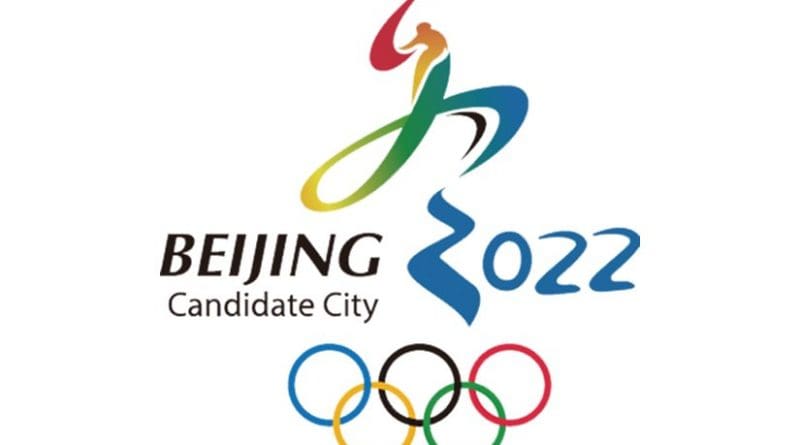The Challenge Of Frugal And Greener Winter Olympics – OpEd
Recently, the International Olympic Committee (IOC) awarded the 2022 Winter Games to Beijing, in a joint bid with the city of Zhangjiakou, the capital’s “northern door” adjoining mountains with ski resorts.
In the West, the response has been apprehensive, presumably because of concerns about cost and environment.
“Plug-and-play” Olympics
As costs have soared and environmental effects accumulated, the pride of hosting Olympic events has lost much of its luster in recent years. The 2004 Athens Summer Olympics left Greece with $11 billion in debt. In turn, the costs of the 2014 Sochi Winter Olympics soared to $51 billion.
Last year, the IOC presented its Olympic Agenda 2020 seeking to promote sustainability and contain costs. It seeks to transform hopes the Olympics into a “plug-and-play” event. Moreover, selected host cities must fit the games into their environments with minimal damage.
In 2008, the Beijing Summer Olympics required shutdowns against pollution and cost $44 billion. In 2022, Beijing Winter Olympics hopes to portray a greener China, with the construction budget of barely $3.1 billion.
At the same time, the capital region is likely to benefit from infrastructure investments that parallel preparation to the Winter Games – including the Beijing-Zhangjiakou intercity railways, expansion of Beijing subway, upgraded highway networks, and another regional airport.
What about the environmental effects?
Frugal, green Olympics
Beijing’s vision is to develop a winter sports market for more than 300 million people in northern China. The plan is to reuse 11 of 12 venues built for 2008. The goal is to integrate the games with sustainable development plans for the wider region, focusing on clean energy, green technology, ecological improvement, and air quality.
In 2008, polluting facilities were moved out of the Beijing, while anti-smog provisions were deployed during the games. Afterwards, the smog returned with revenge. In 2022, the city’s air is expected to be significantly better, thanks to the government’s $7.6 billion anti-smog programs, which are not directly linked to the bid.
The skiing events will take place in the mountains of Zhangjiakou, Hebei; one of China’s most polluted province. In the arid region, the ultimate challenge is to manufacture snow to make the games possible.
In Sochi, Russia stockpiled the snow. Beijing’s goal is to manufacture most of it in an environmentally friendly way. The IOC has suggested that Beijing may be overestimating its supplies and underestimating the water that’s needed for snowmaking. Nevertheless, the Commission believes “adequate water for Games needs could be supplied.”
The 2022 Olympics rely on efforts to clean the air with long-term regional solutions that have potential to have an enduring, positive effect for northern China. The stakes are high for both Beijing and the IOC.
The shift of the Olympic torch
In addition to costs and environment, the IOC’s decision to make Beijing the first city to host both the winter and summer Olympics has been criticized. But in view of the fact that every fifth human being in the world is in China, Beijing’s role as the host of both Olympic games is hardly surprising.
Skeptics also argue that many Beijing-Zhangjiakou residents are critical of the Olympics. Yet, in December 2014, the IOC’s independent poll regarding the public support for Beijing’s bid demonstrated overwhelming support for the games in Beijing (88%), Hebei (93%) and China (92%).
What is changing is the role of host cities and their nations. Winter Olympics were initiated in France in 1924. The games have not been immune to scandals and controversies, from allegations of bribery and doping to Cold War politics.
And yet, for nine long decades the Winter Olympics took place mainly in advanced economies, while several countries – including Switzerland, the U.S., and Japan – hosted the games twice, or more. Nor did criticism stop the winter games even when Adolf Hitler opened the games in 1936.
Nevertheless, in the past few years criticism seems to have become more vocal.
Perhaps one reason is that, with Russia in 2014, South Korea in 2018 and China in 2022, Olympic torch is shifting from advanced economies to emerging nations. That, however, only reflects the shift of economic power from the West to emerging Asia.
In the past, Winter Olympics were dominated by advanced economies. As emerging economies join in, the games are only gradually becoming truly global.
This is a slightly longer version of the original, which was released by China Daily on August 11, 2015

